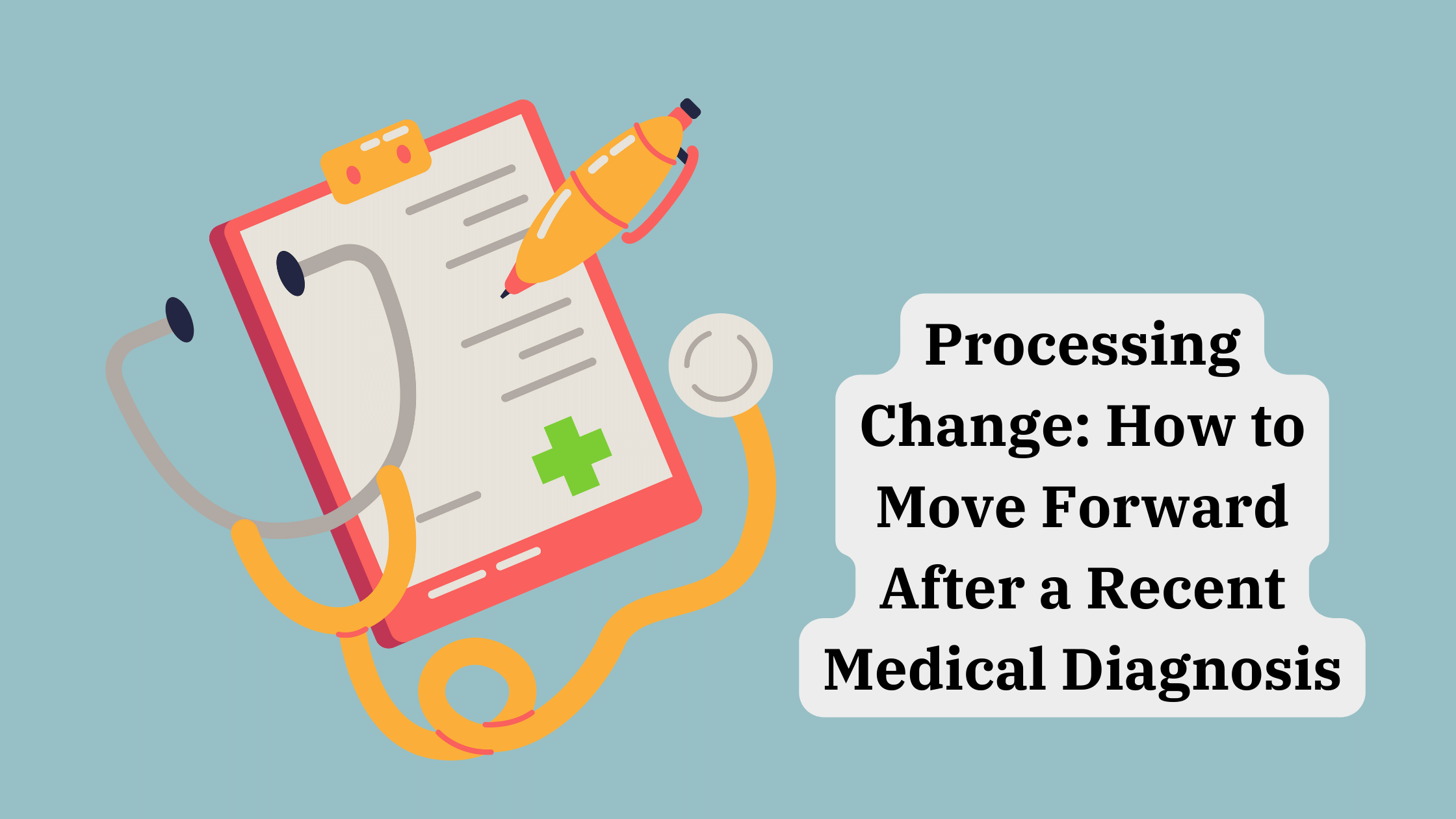
Receiving a significant medical diagnosis can be an incredibly overwhelming experience. Alongside the appointments and check-ups that disrupt your routine, it can be difficult to adjust to your new reality.
While the road ahead might be uncertain, it’s important to know that you can continue on with your life. It may take time, but soon you will see things from a different perspective.
In this article, we are going to discuss some tips to help you process change and move forward with a recent medical diagnosis.
Accept your feelings.
It’s okay to feel scared, angry, or confused as you react to your medical news. Allow yourself to experience all of these emotions, as they play a critical part in the healing process.
If you shelter yourself, it will only cause you further anxiety, especially if new discoveries are made. You won’t be able to move forward until you have let out those first initial thoughts.
Have a medication plan.
One of the most challenging parts of managing a health condition is organizing your medication. To prevent accidents and ensure you are taking the right drugs, have a system in place that you can follow each day.
Alongside having your needs written down and your prescriptions stored safely, it’s worth investing in a pill box. These are especially beneficial for managing multiple medications as you can visually see if you’ve already taken something earlier in the day.
Educate and advocate for yourself.
Becoming your own health advocate is extremely important after being diagnosed with an illness. The more engaged you are with your medical care, the better equipped you’ll be to make informed decisions that reflect your personal values.
Ask questions, keep a journal of symptoms, and research more into your rights as a patient. It may seem unnecessary right now, but it really can help you in the long term.
Adjust your lifestyle.
Some medical conditions require lifestyle adjustments. This could range from changes in diet and exercise to modifying your overall daily routines.
Work with your healthcare team to develop a plan that aligns with your treatment. These changes can be hard to adjust to, but will soon become part of a new, healthy way of living.
Cultivate a support system.
No matter how much you like doing things yourself, now is the time to lean on your family and friends for support. A strong network can ease emotional burden and they can assist with tasks around the home if you are facing physical challenges.
Additionally, engaging with support groups whether in-person or online, can connect you with others experiencing similar conditions. These communities offer a safe space for sharing concerns, advice, and encouragement.
Be kind to yourself.
It’s easy to fall into a whirlwind of negative self-talk after a diagnosis, but try not to let this take over your mind. These thoughts aren’t going to change anything, but they will cause further harm to your emotional well-being.
Practice self-compassion and acknowledge the strength it takes to face this new reality. Being kind and nurturing your body will ensure that you remain strong and can even assist with managing symptoms.
Focus on what you can control.
Often a medical diagnosis can make you feel like everything is beyond your control. However, by focusing on what you do have power over, you’ll feel much more at ease.
Things such as your lifestyle, diet, exercise, and attitude are all things that you can take control of. Try to take manageable steps each day, no matter how small they seem. It will give you a sense of purpose and improve your quality of life.
Plan for the future.
Finally, another thing that can be an excellent form of comfort is making long-term plans for the future. This could include setting goals for treatment, creating fun milestones, and planning for your financial health.
These things don’t need to be set in stone but they can guide your decisions and actions as you progress forward. It’s always beneficial to have something to work towards.
Final Words
While a medical diagnosis can alter your life in different ways, you don’t have to let it hold you back. By following the tips above and discussing your concerns with your healthcare provider, you can come up with strategies and solutions that will help you thrive.
Be positive and know that you are not defined by your diagnosis. You are defined by how you choose to live your life.